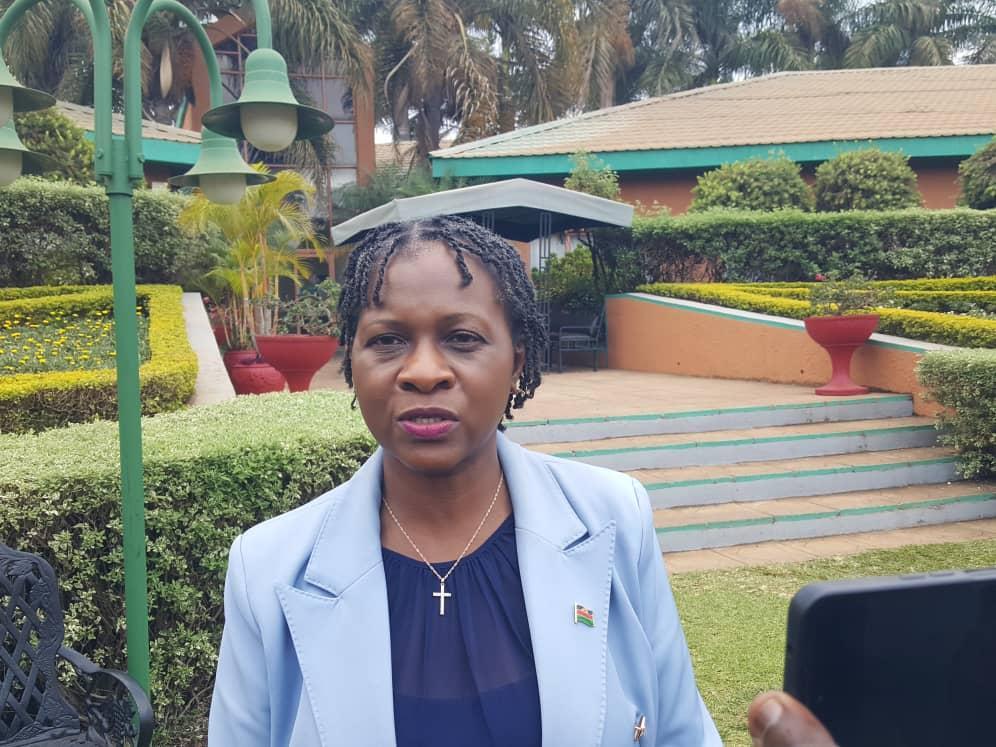Africa-Press – Malawi. The National Commission for Science and Technology (NCST) has called on the country to prioritize the production and use of organo-mineral fertilizers as a sustainable solution to improve soil fertility, enhance agricultural productivity, and reduce dependence on imported chemical fertilizers.
Speaking on Wednesday during a national outreach workshop in Lilongwe, NCST Director General Gift Kadzamira said the initiative demonstrates how research, science, technology, and innovation can drive agricultural transformation, economic growth, and environmental sustainability.
“This initiative is a shining example of how scientific research and innovation can directly contribute to agricultural transformation,” By embracing organo-mineral fertilizers, we can improve productivity while protecting the environment,” Kadzamira explained.
Kadzamira commended the World Intellectual Property Organization (WIPO) for its guidance and support in using intellectual property systems to identify appropriate technologies through patent databases, as well as in building local capacity to develop business plans.
She also recognized the efforts of local universities such as the Lilongwe University of Agriculture and Natural Resources (LUANAR) for developing technologies that positively impact smallholder farmers and the broader agricultural sector.
“We also appreciate our partner, UNDP, for helping us procure equipment that will be used to granulate the fertilizer, which was previously in powdered form,” she added.
Kadzamira highlighted that the organo-mineral fertilizer has the potential to increase crop yields, lower production costs for farmers, and promote environmental conservation by recycling organic waste materials.
“As NCST, we pledge our commitment to creating an enabling environment for scientific research, innovation, and technology transfer. Together, we can turn scientific ideas into market-ready products that improve livelihoods and strengthen our national economy,” he said.
In his remarks, LUANAR Vice Chancellor Prof. Emmanuel Kaunda urged fellow vice chancellors and university leaders to take a proactive role in promoting innovation and technology transfer within their institutions.
“We look forward to continued collaboration with WIPO and NCST to scale up this initiative to other universities. LUANAR stands ready to share our experience and technical expertise from this pilot phase,” said Prof. Kaunda.
He added that the program serves as a catalytic enabler, providing a framework to ensure appropriate technologies are developed and transferred to communities that need them most.
Meanwhile, UNDP Country Representative Fenella Frost said the organo-mineral fertilizer project will introduce new fertilizer technologies, help the country save foreign exchange, and boost crop production.
The workshop was jointly organized by WIPO and the National Commission for Science and Technology (NCST) under the project “Facilitating Transfer of Appropriate Technology in the Republic of Malawi for Community Development through Universities and Research Institutions.”
For More News And Analysis About Malawi Follow Africa-Press






